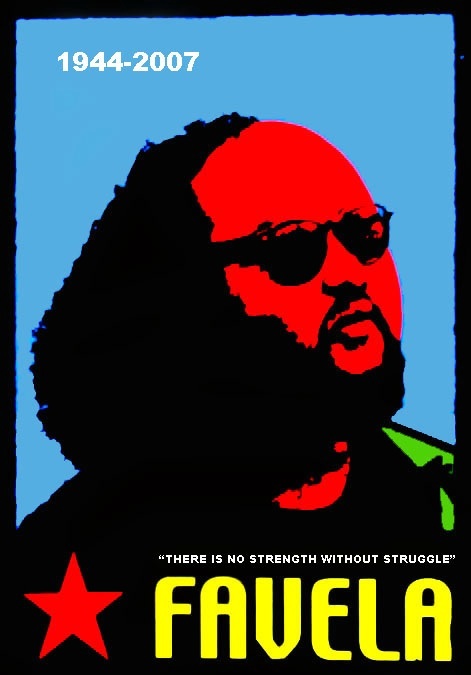Chicano rights activist and Sac State art professor dies at 62
September 9, 2007
Ricardo Favela, a full-time art professor and Sacramento State alumnus, died of a heart attack on July 15. He was 62.
Favela’s involvement with Sac State’s artistic scene began in the late 1960s, during which time he was working toward his bachelor’s degree in art.
In 1969, Favela helped found the Rebel Chicano Art Front with former Sac State art professors Esteban Villa and Jose Montoya.
The artistic group, which was later renamed the Royal Chicano Air Force, or RCAF, was extremely vocal about its desire for Chicano equality and its support of the United Farm Workers of America movement.
Favela continued to encourage artistic spirit in Sac State students when he took over the Barrio Art Program in 1977.
Art department Chair Catherine Turrill said the program allows students to take their education out into the community and interact with people they may work with in their future careers. She said the program works well for students of various majors who will either use art in their careers or to bridge the gap between different cultures.
Favela continued his education at Sac State and eventually earned his master’s degree in 1989. In 1997 he was hired on as a full-time faculty member and taught serigraphy, or silk-screening, as well as the Barrio Art Program.
Xico Gonzalez, one of Favela’s former students and close friends, said Favela’s students were never afraid to approach him and that they often found solace in his company.
“He cared deeply for his students,” Gonzalez said. “He was a role model to all of us.”
Manuel Rios, another one of Favela’s former students, said Favela showed a great deal of excitement in his students’ work and often encouraged them to take their art to the next level.
“He was really excited if you were expanding on your art,” Rios said. “(Sometimes) even more excited than you were and that made you really excited; it made you want to do better.”
Rios said he remembers one time when Favela was approached to make posters for the 50th anniversary of the Washington Neighborhood Center.
“He didn’t have time to do it (so) he asked me to,” Rios said. “When I was done I showed it to him and he really approved of it?he really liked it. For him to give (me) approval and for him to put his faith in me?that’s (what) made me feel like a real artist, for the first time.”
Favela’s influence was not only seen at Sac State, but on an international level as well.
“Ricardo exhibited his work in the U.S., Mexico, Cuba, and Europe,” Gonzalez said. He was known for his calaveras (or skeletons) and Dia de Los Muertos (or Day of the Dead) artwork.”
Gonzalez said Favela’s work appears in every major Chicano art book, as well as many historical Chicano art exhibits.
“He is very much respected as an artist and pioneer of the Chicano art movement,” Gonzalez said.
Favela also ensured that the art of the RCAF was seen across the country.
“Ricardo was the archivist of the RCAF (and) documented the role of the RCAF in the Civil Rights Movement,” Gonzalez said. “Because of Ricardo, places of higher learning have collections of the work done by the RCAF?.places like UC Santa Barbara, Sac State, San Jose State, Stanford and the Smithsonian Museum.”
Favela’s influential teaching style lives on in the memories of students like Liz Miller, a senior art studio major.
“I can still remember his teaching style,” Miller said. “He was great, a real nice guy…a real funny guy too. I can’t believe he’s gone?his legacy of kindness and his fight for cultural acceptance will live on forever.”
Favela is survived by his wife Clara; his daughters Florentina, Margarita and Rosita; and his sons Florenzio and Manuel.
A memorial service for Favela was given on July 20 at the opening of the Dos Generaciones Art Exhibit at the Toyroom Gallery in Sacramento. Proceeds from the exhibit went toward establishing the Ricardo Favela Scholarship Fund, an annual award presented to a Chicano student majoring in art.
Donations for the fund can be sent to the Ricardo Favela Scholarship Fund at 1621 34th St., Sacramento, CA, 95816.
An on-campus memorial service will be in held in Kadema Hall’s Witt Gallery during the last week of October.
Bridget Jones can be reached at [email protected].





























































































































